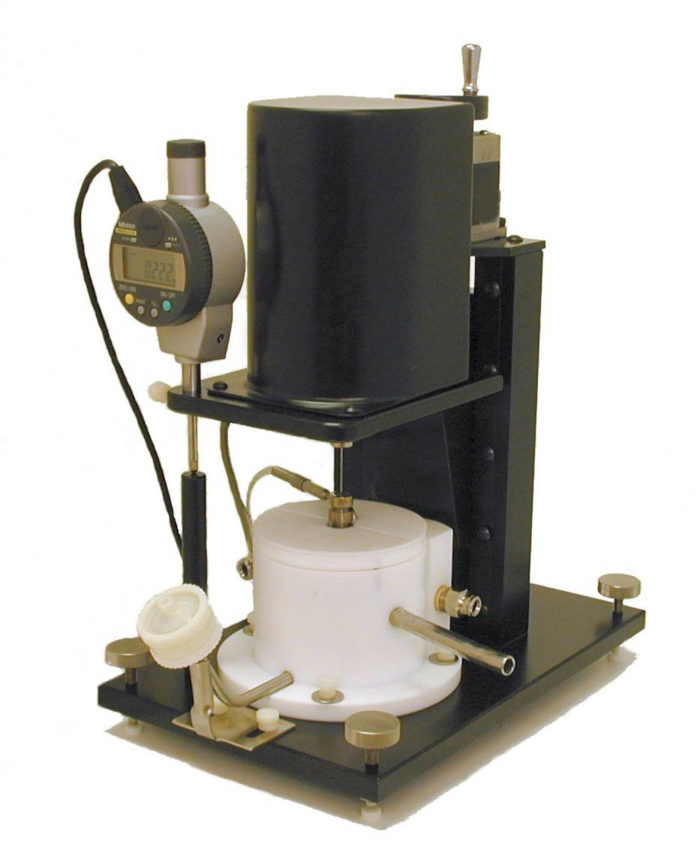Ted Selby, a lubricant testing pioneer whose inventions are used worldwide to unlock the secrets of oil rheology, oxidation, deposits and more, next month will receive STLEs highest technical honor, the International Award. The accolade will come during the Society of Tribologists and Lubrication Engineers annual meeting, which expects to draw some 1,600 delegates to Minneapolis, May 20-24.
The five-day event includes more 500 technical presentations, research papers, case studies, panel discussions and best-practices reports, as well as a trade show where 150 companies and organizations will display their newest products, services and technologies. A dozen in-depth educational courses are on offer, as well.
The agenda is studded with networking events, too, including a reception on May 21 and a luncheon, May 22, where Selby and other honorees will be lauded. See www.stle.org for complete meeting details and to register.
Selby began researching fuels and lubricants in 1952, first at General Motors and then Dow Chemical. Armed with a masters in physical chemistry from Wayne State, in 1969 he founded the Savant Group of companies in Midland, Michigan, and expanded it to include test developer Savant Inc., bench test manufacturer Tannas Co., and the Institute of Materials, which monitors the quality of engine oils worldwide.
Numerous groundbreaking test concepts and methods, including ASTM standards that are integral to engine oil specifications, owe their existence to Selby, who is Savants vice president, technical development. Among his far-reaching inventions are:
- The Tapered Bearing Simulator, the worlds first commercial, very high-shear-rate engine oil viscometer, which is a centerpiece of ASTM methods D4683 and D6616, as well as SAE J300, the global engine oil viscosity classification standard.
- The Thermo-oxidation Engine Oil Simulation Test (D6335). Developed by Selby and Dennis Florkowski of Chrysler, the TEOST measures high temperature deposits for turbocharger and engine lubrication. A protocol Selby created around moderately high temperatures, the TEOST-MHT, became ASTM D7097.
- The Scanning Brookfield viscometer technique used to determine the low-temperature pumpability and gelation tendencies of engine oils (D5133), as well as to analyze ATF and gear oils at low temperatures.
- The Phosphorus Emissions Index, and the Selby-Noack oil volatility apparatus that is critical to measuring it in D5800-C. Together, they assure that stable phosphorus antiwear agents are used in engine oils, instead of volatile ones that poison catalytic converters and increase tailpipe emissions.
Selby marked another achievement just last month: His Noack S2 volatility tester, a successor to the Selby-Noack device, was accepted as ASTM D5800-D.
Instruments and methods that Ted has helped develop are integral parts of many lubricant specifications, pointed out Mark Devlin of Afton Chemical in recommending Selby for the award. I will add that these instruments are designed to be great research tools. He praised Selbys wide-ranging curiosity and generous mentoring of fellow scientists like himself, as did Bryan Johnson of Arizona Public Service Co. I cant think of a more deserving candidate for the honor of STLEs International Award, Johnson declared.
